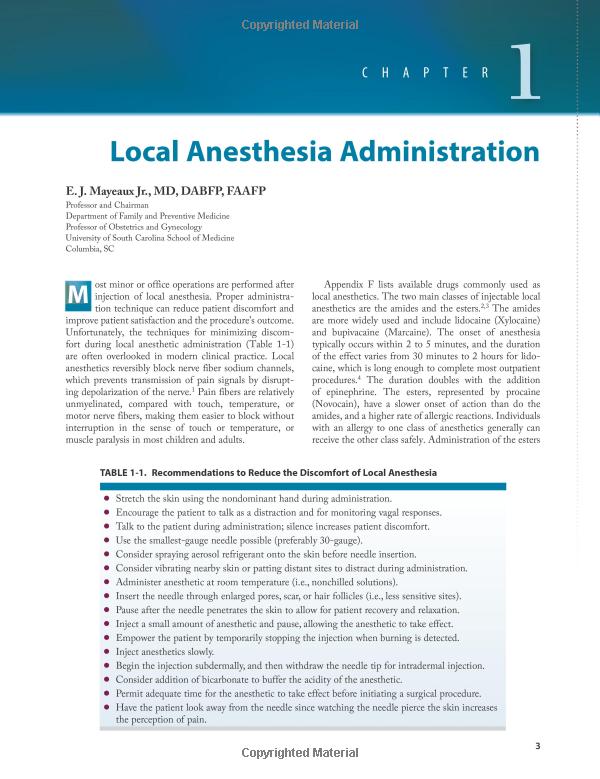Understanding Cancer in Pets: A Comprehensive Guide to Diagnosis, Treatment, and Care for Your Beloved Companions
#### Cancer PetCancer in pets, referred to as "cancer pet," is a heartbreaking reality that many pet owners may face. Just like humans, our furry friends ca……
#### Cancer Pet
Cancer in pets, referred to as "cancer pet," is a heartbreaking reality that many pet owners may face. Just like humans, our furry friends can develop various types of cancer, which can significantly impact their health and quality of life. This comprehensive guide aims to provide pet owners with essential information about cancer in pets, including its types, symptoms, diagnosis, treatment options, and how to care for a pet with cancer.
#### Types of Cancer in Pets
There are several types of cancer that can affect pets, with some of the most common being lymphoma, mast cell tumors, osteosarcoma, and mammary tumors. Each type of cancer can manifest differently and may require specific treatment approaches. For instance, lymphoma is a common blood cancer in dogs and cats, while osteosarcoma is a painful bone cancer primarily seen in larger dog breeds.
#### Symptoms of Cancer in Pets
Identifying cancer in pets early can be crucial for effective treatment. Common symptoms to watch for include:
- Unexplained weight loss
- Loss of appetite
- Lethargy or decreased activity
- Swelling or lumps on the body

- Difficulty breathing
- Changes in bathroom habits
- Persistent coughing or vomiting
If you notice any of these signs, it is essential to consult a veterinarian for a thorough examination.
#### Diagnosis of Cancer in Pets
Diagnosing cancer in pets typically involves a combination of physical examinations, blood tests, imaging studies (such as X-rays or ultrasounds), and biopsies. Veterinarians may perform these tests to determine the presence of cancer and its stage. Early diagnosis can lead to more effective treatment options and a better prognosis.
#### Treatment Options for Cancer in Pets

Once diagnosed, the treatment plan for a pet with cancer will depend on several factors, including the type and stage of cancer, the pet's overall health, and the owner's preferences. Common treatment options include:
- **Surgery:** Removing the tumor or affected tissue can be an effective way to treat localized cancers.
- **Chemotherapy:** This treatment uses drugs to kill cancer cells and is often used for systemic cancers like lymphoma.
- **Radiation Therapy:** Targeted radiation can help shrink tumors and alleviate pain.
- **Palliative Care:** For pets in advanced stages of cancer, palliative care focuses on providing comfort and improving quality of life.
#### Caring for a Pet with Cancer
Caring for a pet diagnosed with cancer can be emotionally and physically challenging. Here are some tips to help you support your furry friend during this difficult time:

- **Follow Your Veterinarian's Recommendations:** Adhere to the treatment plan established by your veterinarian, including medication schedules and follow-up appointments.
- **Monitor Their Diet:** Ensure your pet is eating a balanced diet that meets their nutritional needs. Some pets may require special diets to help them maintain strength during treatment.
- **Provide Comfort:** Create a comfortable and quiet space for your pet to rest. Soft bedding and a calm environment can help reduce stress.
- **Stay Positive:** Your pet can sense your emotions, so maintaining a positive attitude can help them feel more secure and loved.
#### Conclusion
Dealing with cancer in pets is undoubtedly a challenging experience for any pet owner. However, understanding the types of cancer, recognizing the symptoms, and knowing the available treatment options can empower you to make informed decisions for your beloved companion. Remember, early detection and intervention are key to improving the prognosis for pets diagnosed with cancer. Always consult with your veterinarian for the best course of action tailored to your pet's specific needs. Your love and support can make a significant difference in their journey through cancer treatment.